A baby’s skin is delicate and requires special care and attention. If you’re a mother to a newborn, here’s everything you need to know about taking care of your baby’s soft skin.
What Makes Your Baby’s Skin Different and Special
One of the best things about babies has to be their special baby fragrance and super soft skin, making them cuddly and adorable. Most new parents will do their best to retain that soft, delicate texture of their baby’s skin.
Fortunately, caring for your infant’s sensitive skin doesn’t have to be difficult or challenging — especially when you know exactly what to look out for.
Here are some things which make your baby’s skin different and special- and how to care for it!

A Baby’s Skin is Prone to Dryness
Baby skin has a number of characteristics that set it apart from the adult skin. The most obvious difference is the fact that babies have very little natural oil, so their skin is more prone to dryness.
Newborns especially have rough and dry skin that will usually retain moisture in the next few weeks. However, their moisture levels will still fluctuate, and so there will be instances of dry and flaky patches in certain areas of their small bodies.
A Baby’s Skin is Much Thinner Than an Adult’s
Another factor is that baby skin is much thinner than adult skin, which means it’s more prone to damage and irritation. The outer layer is 30% thinner than an adult’s, which explains why moisture loss and dryness happens more often in babies.
Also, their skins are not fully functional yet, and they have fewer fibers than older kids and adults. Their epidermis or outer layer is not yet attached completely to the dermis or deeper skin layer.
This explains why babies’ skins are soft and smooth, but it's also the reason why substances and irritants can permeate a newborn’s skin. Bacteria and other substances can then go through in concentrated forms in your baby and cause rashes and other infections.
A Baby’s Skin is Sensitive to Environment and Temperature
As their skin is not fully functional, babies are prone to skin conditions like eczema or rosacea, especially when they are exposed to different things through their food or environment.
This is also because baby skin usually has a pH that is very close to neutral when they are born. However, as they grow older and become exposed to new environments and substances, their skin pH might become unbalanced and cause irritations and infections.
Using soaps with alkaline and alcohol can disrupt their skin’s pH balance. So choose soaps and skin products that are meant for baby skin to ensure it stays healthy and soft.
Additionally, newborns have very little melanin, the substance that protects the skin from ultraviolet (UV) light. This can also cause some skin damage.
Most physicians are wary of recommending sunscreen on infants; instead, they encourage parents to cover up their babies in their first six months to avoid sun damage.
Finally, babies cannot regulate their body temperature, which is one of the primary functions of the skin. Their dermis and sweat glands are still developing, so cold and heat can affect a baby tremendously.
Things You Can Do to Care for Your Baby’s Skin
The good news is that there are steps you can take to protect your baby from developing rashes and skin irritations. These include:
Wash Your Baby with Mild Soap
You can try to keep your baby’s skin clean and well-hydrated by washing it with mild soap and water twice a day. You can also use gentle moisturizers such as baby oil on a daily basis to help maintain healthy skin.
Keep the Skin Clean
One of the biggest things you'll need to be aware of when it comes to caring for your baby's skin is keeping it clean. Make sure to wash your hands often and keep a close eye on any rashes that form, as these can be a sign that your baby's skin is being exposed to something it isn't used to.
When cleaning a baby, it’s best to use sensitive baby wipes that will not cause irritation and dryness. You could also use sensitive diapers that will absorb wetness and keep the baby's skin dry.

Use Minimal Soap or Bath Products When Bathing Your Baby
When it comes to bathing, try to avoid using too much soap, as this can strip the baby's skin of its natural oils.
Do Not Over-exfoliate Your Baby’s Skin
When bathing the baby, ensure your cleaning/rubbing is gentle so as to over-exfoliate, as this could lead to dryness.
It’s natural in newborns that some of their skin will peel off, but it’s best to let it happen naturally and gently remove the skin only when it can completely come off. It's all about finding the right balance between keeping their skin clean while still allowing it to maintain its natural oils.
Do Not Expose Your Baby to the Midday Sun
Babies need their vitamin D, so they need sunlight too. But it’s best to expose your child to early morning light instead of the midday sun. UV rays are at their strongest at such times, and it’s best to cover up your baby in protective clothing when you do need to go out at such times.
Dress Your Baby in Layers
You could also regulate your baby’s temperature by dressing them in breathable layers.
Since babies’ skins are not fully functional yet, the layered clothing will not only keep them warm but also protect them from irritants and substances they might be exposed to. Using a sensitive diaper will also help them stay dry and warm.

Caring for a Newborn’s Skin Leads to Healthier Children
Babies are still developing, and that includes their skin. The skin is their first line of defense against infections and disease, and you need to give it extra attention and care. A healthy skin is an indication of a healthy baby, and will help them grow up to be resilient to infection and irritation.
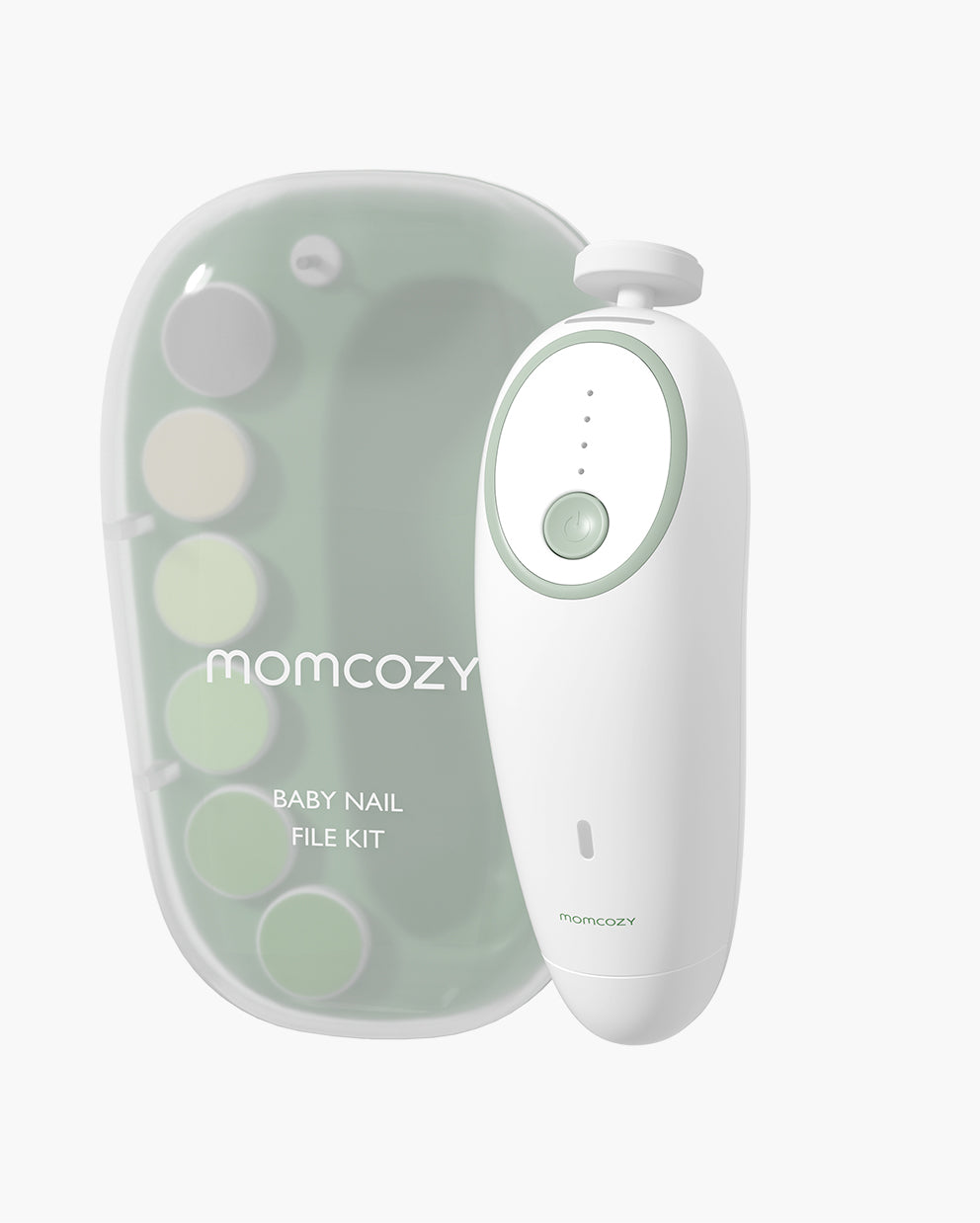
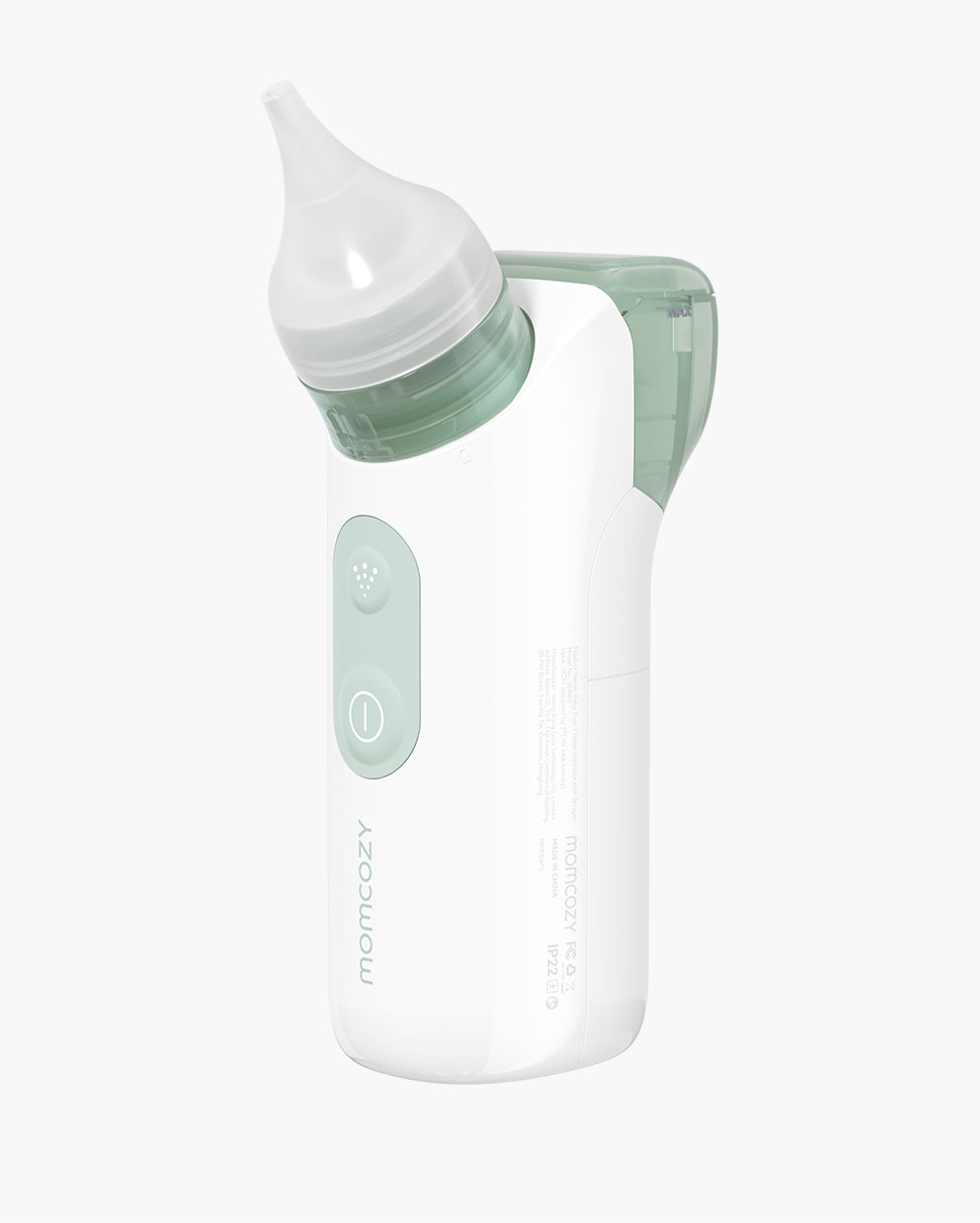
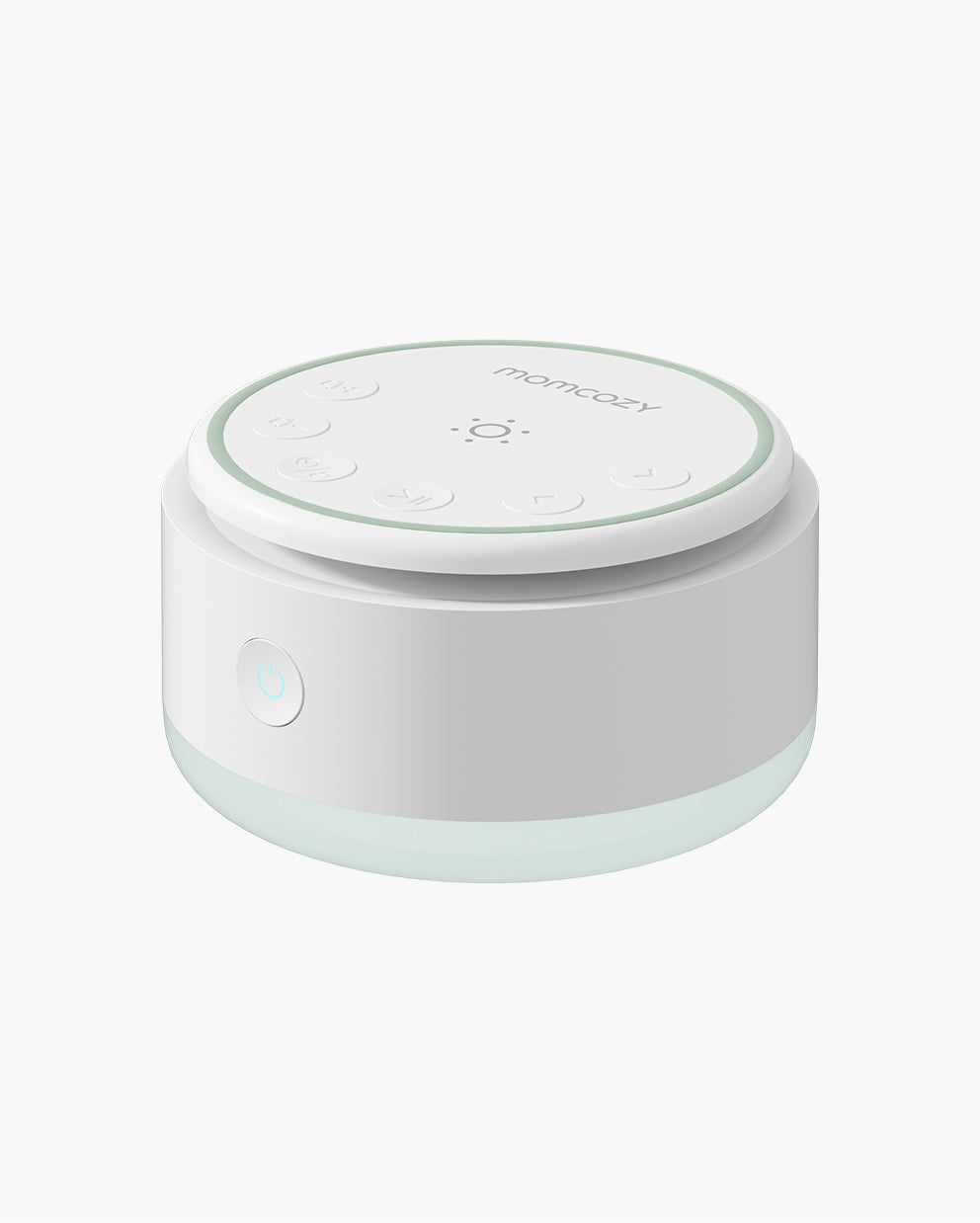
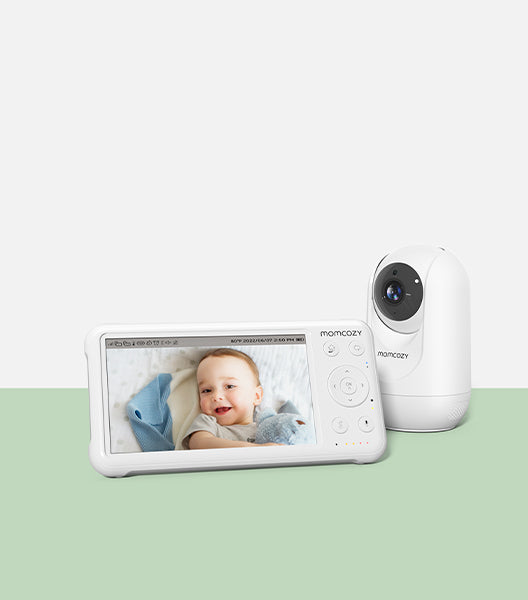

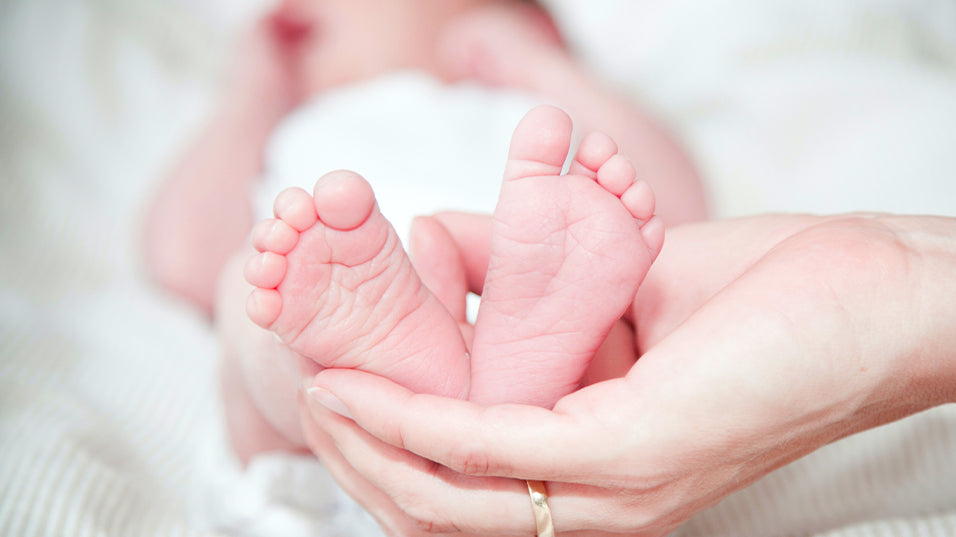

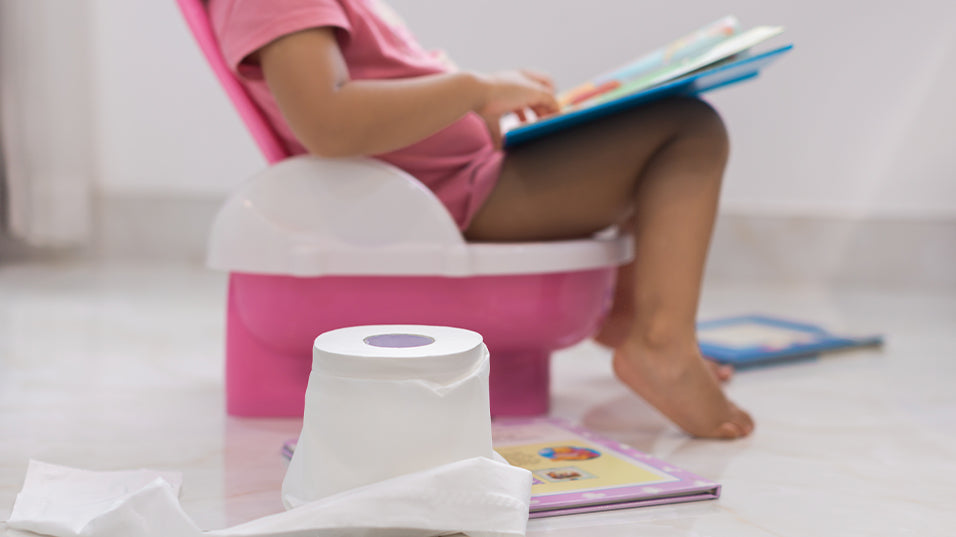
Leave a comment
This site is protected by hCaptcha and the hCaptcha Privacy Policy and Terms of Service apply.